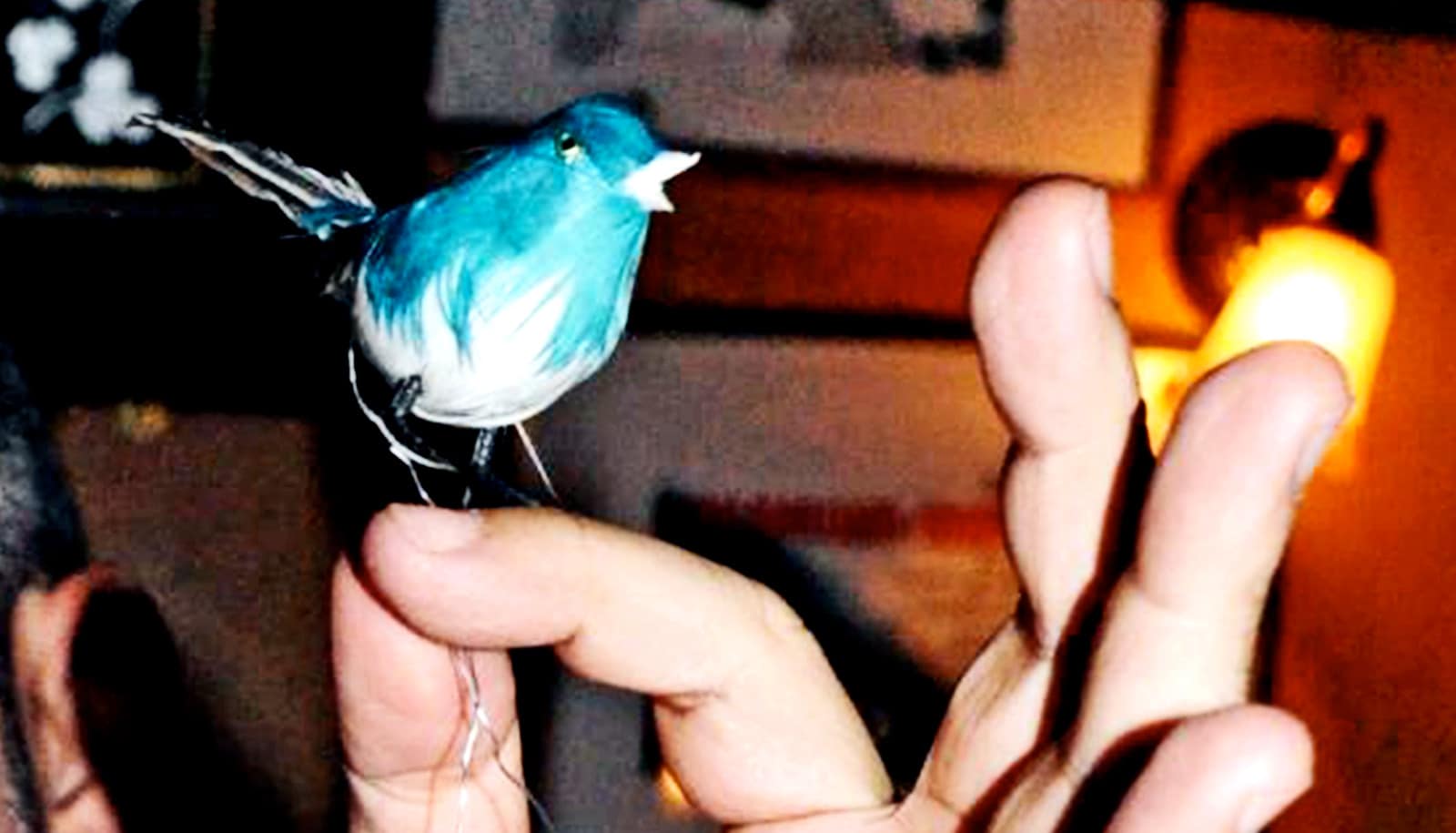
With Elon Musk purchasing controlling interest in Twitter for $44 billion, the big question now remains, “what is he going to do with it?”
Musk already says he wants to take the company private and promote “free speech.” But what does that mean?
There is considerable legitimate concern over having one man—and especially one as controversial as Musk—determine what is “free speech” to the 300 million daily users of the massive social media outlet that influences news and politics worldwide.
But Musk’s purchase raises bigger questions: Who polices speech online? Who ensures the protection of individual rights on the internet? Who makes the rules that govern online expression? Who enforces them?
“The marketplace of ideas will make sure that the truthful and good ideas win. That doesn’t work in a market that is broken by hate speech, disinformation, and other things,” says David Kaye, a professor of law at the University of California, Irvine, and author of Speech Police: The Global Struggle to Govern the Internet (Columbia, 2019).
On this episode of the University of California, Irvine’s UCI Podcast, Kaye explains Musk’s buyout of the social media giant and human rights issues of online speech:
You can read the podcast transcript here.
Source: UC Irvine